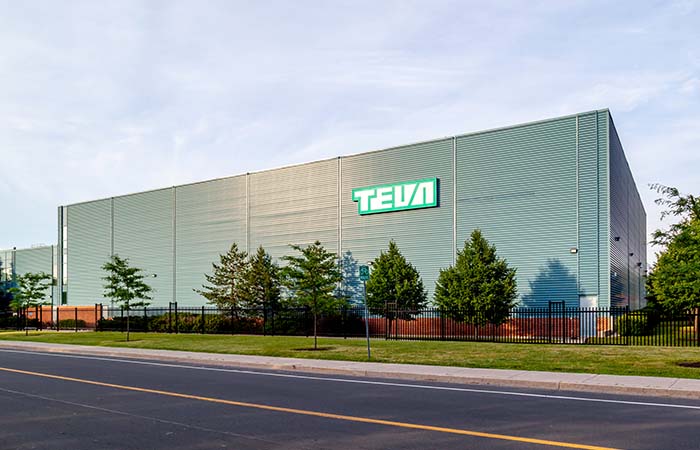Business news

Drug firm to challenge £389m fine for ‘disparaging’ rival MS drug
In Business news
Bookmark
Record learning outcomes

Pharmaceutical company Teva has announced it will challenge a €462.6m (£389m) fine imposed by the European Commission, claiming the EC’s decision was based on “extreme” and “factually unsupported” legal theories.
On Thursday October 31, the EV announced it was to fine Teva for “abusing its dominant position” and artificially extending the patent protection of its “blockbuster” multiple sclerosis treatment Copaxone (glatiramer acetate), as well as “systematically” spreading “misinformation” about a rival product from manufacturer Synthon.
Teva allegedly abused the European Patent Office’s rules and procedures to “artificially prolong legal certainty” over its patents in seven markets including Belgium, Germany, the Netherlands and Spain, forcing rivals to “repeatedly start new lengthy legal challenges” by withdrawing secondary patents when they appeared set to be revoked, kickstarting proceedings once more.
According to the EC, Teva also launched a “systematic disparagement campaign” against a competing glatiramer acetate product, spreading “misleading information about its safety, efficacy and therapeutic equivalence with Copaxone” despite the competitor having already been approved by relevant health authorities.
“Teva’s disparagement campaign targeted key stakeholders, including doctors and national decision makers for pricing and reimbursement of medicines with the objective of slowing down or blocking the entry of its rival product in several member states,” said the EC.
The EC found that this conduct, which took place between February 2015 and February 2024, amounted to a “single and continuous infringement” of Article 102 of the Treaty on the Functioning of the European Union and that it may have had a “negative impact on public health budgets” by artificially sustaining a high list price for Copaxone; once a rival product entered the relevant markets, list prices fell by as much as 80 per cent.
“We send a clear message to dominant pharmaceutical companies that we will not tolerate the use of disparagement campaigns to foreclose competing medicines,” said EC executive vice president Margrethe Vestager.
The Tel Aviv-based company said it “disagrees with the Commission’s legal theories” which it said were “legally untested” and “not supported by the facts”.
“The company will vigorously defend its position on appeal and is well prepared financially to mount a defence,” it added.
